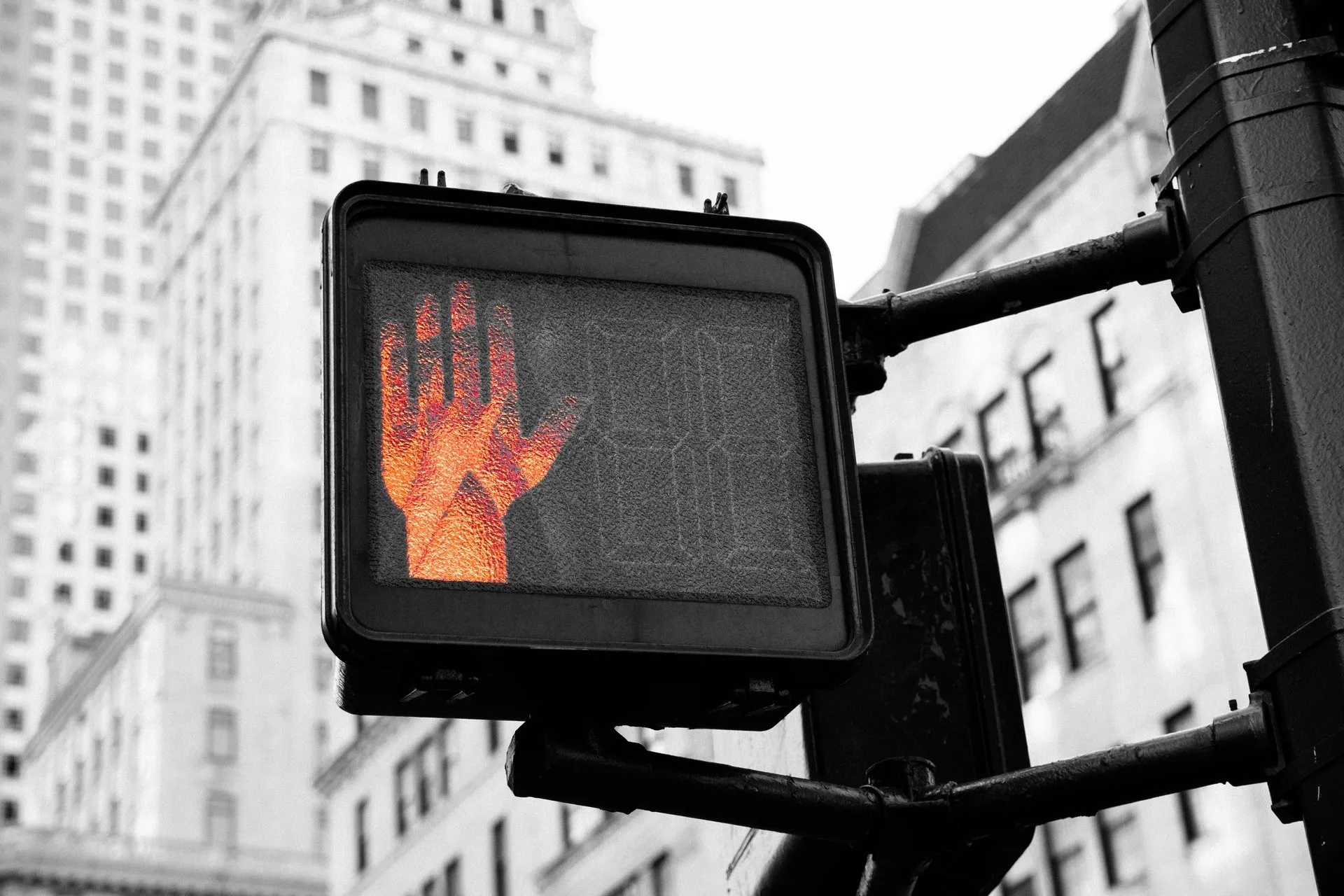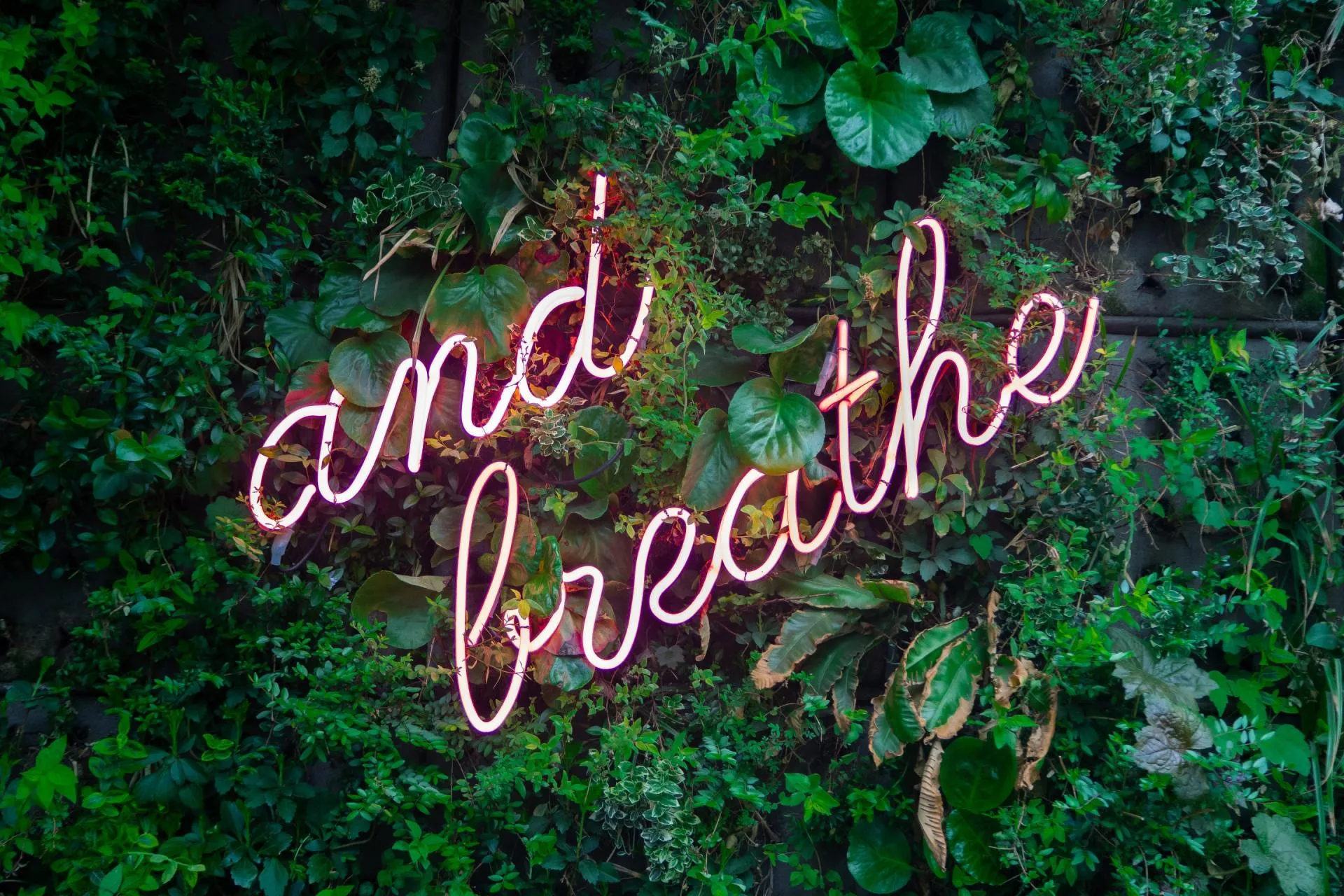Mental health concerns are on the rise across the country as the coronavirus pandemic persists. Here are some recommendations on how to help yourself manage your own internal psychological distress.
1. Mindfulness/Awareness. Practice mindfulness meditation to begin becoming an expert observer of your internal distress. Begin noticing what thoughts are coming up for you, what emotions you are feeling, and what physical sensations are showing up in your body. Practice taking a nonjudgmental stance. You're just observing and noticing. Label the thought. Say to yourself, "I'm noticing I'm having the thought that..." Label the emotion. What is it that you're feeling emotionally in this moment? Locate the physical sensations in your body. Scan your body. What do you notice and where? This is an essential first step in being able to manage your internal distress. Without being aware of what you're experiencing internally, it'll be difficult to feel like you have any agency to help yourself. Taking the observer stance also helps create distance from your experience which creates space for you to decide how you want to manage the internal distress. There are so many apps that will guide you through mindfulness meditation practices which will strengthen the muscle in your mind that will help you become an expert observer of your own internal experiences. My favorites are Insight Timer, 10% Happier, and Headspace.
2. Practice Acceptance. Practicing acceptance is the other key step in being able to manage your internal distress. Acceptance is not a joyful stance of enjoying the thoughts, feelings, and emotions that are showing up inside of you. It's just taking the stance of allowing whatever shows up inside of you to be without resisting it. I often use the phrase "It is what it is," to capture the essence of what it means to be accepting. We don't have a light switch for our thoughts and feelings. We can't just turn them on and off whenever we want. To be human is to feel emotions. When you label a feeling, allow it to be, and focus your attention on the present moment while engaging in life-enhancing behaviors, it often loses its power. It's when we try to escape our feelings because we don't like them, that we get into trouble....
3. Be wary of the false promise of escape through self-destructive behaviors. Where mental health often gets more severe is when we try to turn off our thoughts and feelings like a light switch. Take for instance feeling depressed. Depression sucks and if you're depressed it would make sense that you'd try to find ways to escape the awful feelings associated with depression. You might try to sleep the day away, avoid life all together or drink excessively, use drugs, or binge eat to numb yourself. Temporarily that might feel good, but guess what? None of that actually makes depression go away. Not only does it come right back around, but BOOM - you've just made it worse now because you're probably adding on guilt and shame. People who struggle with anxiety often try to escape the awful feelings of uncertainty by trying to control something. That can come in the form of controlling others, keeping a very rigid routine, controlling your body or the number on the scale by not eating and exercising excessively. Again, maybe that feels good in the moment, but the uncertainty of life remains and BOOM - now you're piling on irritability, interpersonal distress, and exacerbating your anxiety by not eating enough.
4. Be Intentional and engage in good self-care. Instead of escaping your internal experiences, practice observing, labeling, accepting, and then being intentional about how you're going to behave as you move about your day with all the yucky stuff just kinda happening and hanging out inside of you. Let the feelings of anxiety, depression, or whatever it is you're experiencing linger and then force yourself to turn your attention to being present in your life and engaging in behaviors that are the basics for good mental health: wake up, shower, make yourself food, go for a walk, talk to a family member or friend, go to therapy, or engage in pleasurable activities. Engage in behaviors that reflect good self-care. If your friend or loved one was struggling in the same exact way you were, what behaviors would you want to help them engage in? Do those things! These behaviors can really help, but aren't necessarily a guarantee in making you feel better or improving your condition. However even if it doesn't help significantly, these behaviors are much better alternatives than the behaviors listed in #3 above which will just make your mental health much more severe.
5. Seek Our Professional Help. Therapy, medication, or a combination of both can be incredibly helpful in improving mental health. You do not have to do this work alone. If you can't afford therapy, there are many free and low cost options for therapy and support that can be found here under the free/low cost resources tab. Also consider using mental health apps! One Mind Psyberguide does the work in figuring out which mental health apps are most credible (backed by research) and user friendly!










Leave a Comment